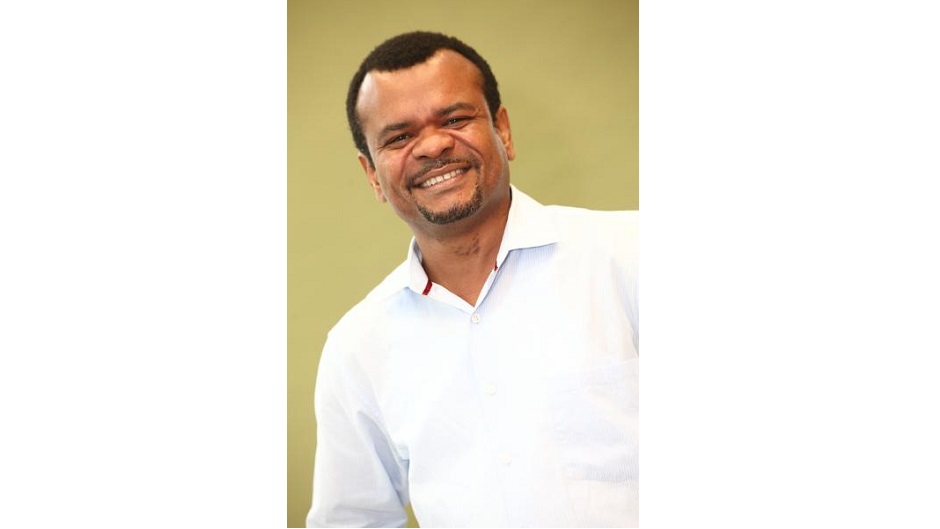The Rockefeller Foundation Bellagio Center connects scholars from diverse backgrounds to collaborate and seek solutions for today’s global issues.
Located on picturesque Lake Como in Italy sits a villa where great minds connect and collaborate to address the complex issues facing the world today, and joining this prestigious group of thinkers is Dr. Louis Herns Marcelin, associate professor of anthropology at the University of Miami College of Arts and Sciences.
Chosen from a competitive pool of over 3,000 applicants from all over the world, Marcelin is one of only 27 scholars invited to spend four weeks in Northern Italy to participate in the Bellagio Residency Program, a focused, goal-oriented, collaborative program where fellow residents from distinct backgrounds, disciplines, and geographies come together to implement solutions to political, health, environmental, and economic challenges.
“Once I learned that I had received the award I was stunned and, of course, honored to be among the few selected from all over the world,” said Marcelin. “Each time I speak with a Rockefeller Foundation Residency staff I learn more about the importance of this award and the opportunities it offers.”
According to The Rockefeller Foundation, “convening prominent experts, influencers, and other key stakeholders to advance knowledge and form new partnerships, financial commitments, and initiatives that support these [Foundation] goals, enables the Bellagio Center to advance the mission of the Foundation as a complement to its grant making efforts.”
Marcelin was invited to work on his book project entitled, “Violence, Social Order, Human Insecurity and Peacebuilding in Contemporary Haiti.” Marcelin says the project builds on a series of studies regarding violence, social injustice, and insecurity in post-dictatorship and post-disaster Haiti. The project covers 20 years of research using sociological surveys, in-depth ethnographic interviews, social mapping, participant observation, document analysis and other analytics. Some aspects of the study have been published in flagship anthropology and humanities journals.
“The residency is designed to give you the time and space to reflect on and exchange ideas with many fascinating people,” said Marcelin. “However, the ultimate goal is to inspire us to write. My personal goal is to revisit many of the philosophical ideas and methodological approaches that illuminate my years of research on violence, while also taking advantage of the expertise and perspectives of other prominent thinkers in order to generate an analysis that is relevant to our challenging time.”
A native Haitian, Marcelin, along with UM colleagues and faculty from other universities, established the Interuniversity Institute for Research and Development (INURED), an organization for collaborative research and action on issues affecting Haiti and the Caribbean.
From 1993 to 2007, Marcelin built the ideas and concepts that formed INURED; it has been active on the ground in Haiti for close to a decade, initiating many programs before the earthquake struck in 2010. As a premiere research institution in Haiti, today INURED serves as a venue for UM students to go beyond the books and conduct research as well as participate in collaborative fieldwork with international scholars, including Haitian faculty and Haitian students.
“More so today than ever, we need tested but innovative approaches to address the challenges that undermine human security and the hope for social justice, particularly in places like Haiti, which is the centerpiece of my investigations on violence,” said Marcelin. “The residency will help me carve time to significantly advance in this project.”
July 27, 2016

